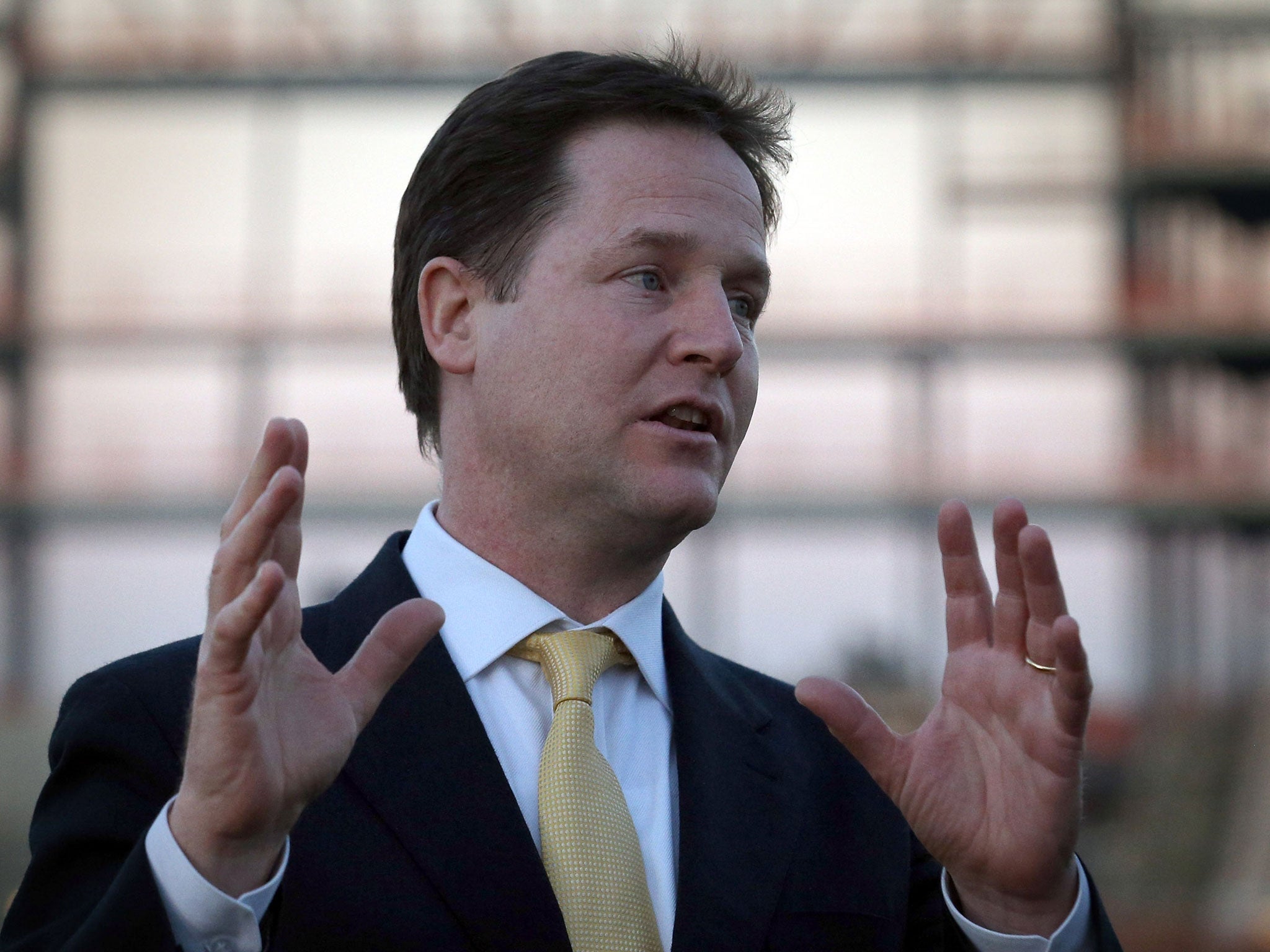Debate: Nick Clegg has proposed tests for five and 11-year-olds. Do we need tougher exams for the young?

What's going on?
Nick Clegg has defended plans to introduce tougher tests for school pupils at the ages of five and eleven.
The Deputy Prime Minister said that the exams, which pupils would take as they enter primary school, and at the start of Key Stage 2, will not turn schools into "exam sausage factories".
He stressed the exam for five-year-olds would form a "baseline" to measure progress against at age 11. Under the changes, 85 per cent of pupils would have to reach a "good level of attainment" by 2016, and test scores would be ranked against peers.
The National Union of Teachers warned this would label pupils who do not reach that standard "failures" at an early age.
So do we need a stricter exam system for the young?
Case for: Rigour
The myth persists that primary school education is of significantly less importance than that received in secondary school. But without good primary school teaching, it is far more difficult for pupils to achieve well at secondary school. For pupils from poorer backgrounds, the early years carry particular weight. So, Clegg's proposals should be welcomed: they will introduce a level of accountability currently missing from our school system - and stop pupils falling through the gaps.
Case against: Stress
Haven't we got enough tests already? The introduction of yet more risks turning primary school into another set of hurdles to be cleared, rather than a time in a young person's life to explore and enjoy their education. Even if the marks of these tests do not count towards a pupil's progress through the school system, importing more stress into primary schools will unnerve pupils, parents, and could potentially contaminate the primary school system.
Join our commenting forum
Join thought-provoking conversations, follow other Independent readers and see their replies
Comments
Bookmark popover
Removed from bookmarks